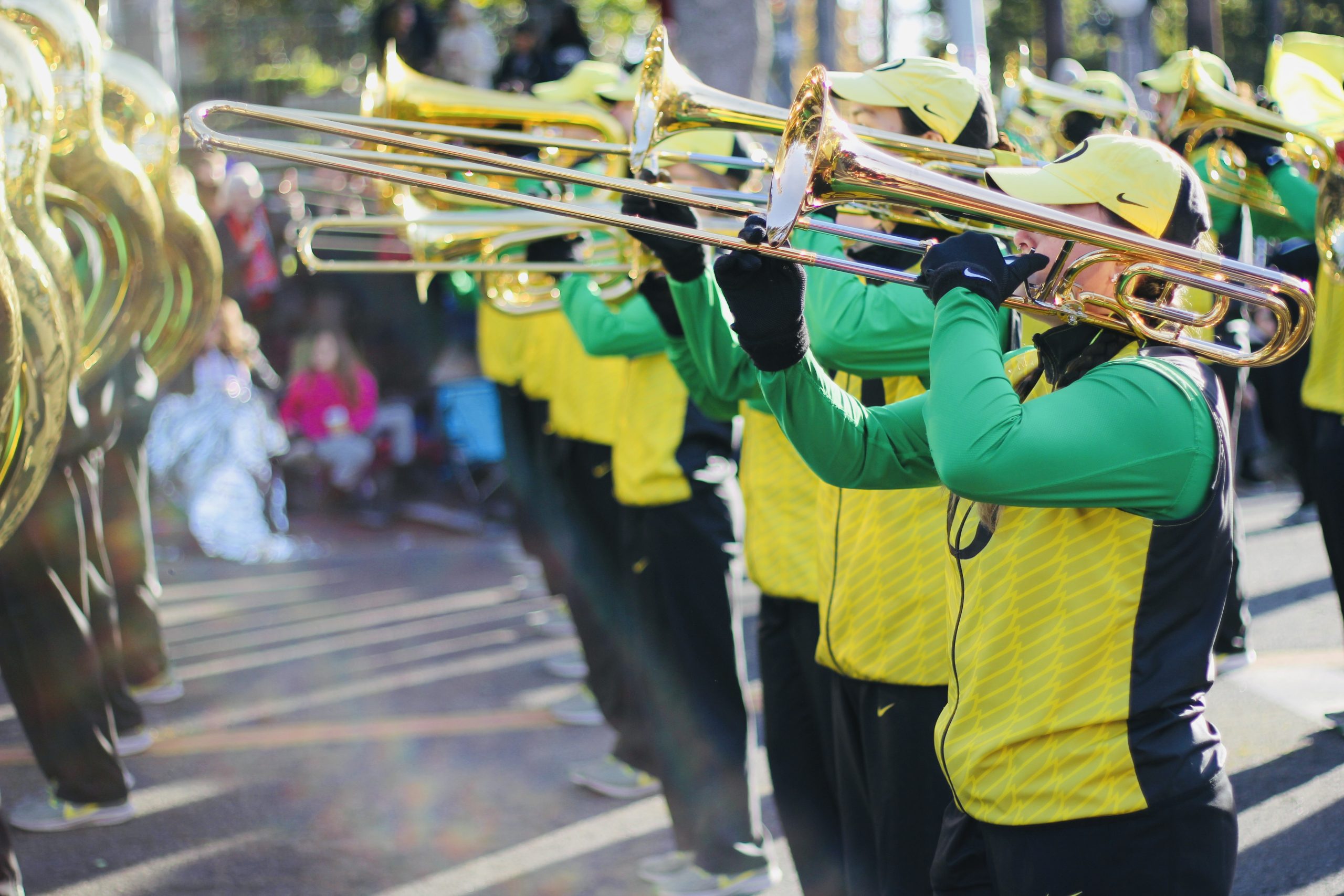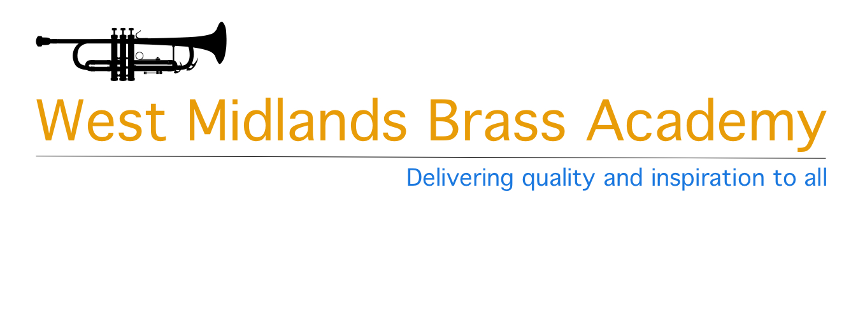It’s been a weird and difficult 2020, but at least there does seem to be a bit of light at the end of the tunnel. The development of a vaccine for Covid-19 is welcome but the fact that three that seem to work means that sooner or later we will probably have mass immunity and that things can get back to normal. Doesn’t it?
While there is room for optimism it is going to take a while to distribute the vaccine to a sufficient number of people, and we are told that Easter seems to be the time that we will start to see a difference.
So the prospect of restrictions being released, and social distancing in particular, is still a way away so the prospects of groups and bands being able to rehearse as full ensembles is not a realistic proposition until then. But when we are finally allowed to get together what is going to happen.
The first thing to accept is that no band, whatever it’s standard, will be able to pick up where it left off. Most brass players will not have played in earnest for about a year, and even the most dedicated who have practiced regularly cannot hope to be match fit immediately the flood gates are opened. This will mean that musical directors will need to take account of stamina in the first few weeks of rehearsal and there may need to be regular breaks and shorter sessions in the initial stages. Music will need to be carefully chosen to ensure that players will be able to cope with it and that there is not too much pressure on the lips through lots of high register playing for example. Hymn tunes from the Salvation Army books are ideal for this purpose as they don’t go excessively high, but it will be best to avoid heavy duty marches and test piece before match fitness returns.
Many bands will have concerts and bandstand events pencilled in for next year and there has always been some optimism that these will be able to take place. However, bands will need a period of rehearsal to work up, or recall, music so that does pose something of a logistic problem if they can’t start to rehearse before Easter. Some bands do keep up a “summer catalogue” which tends to come out year on year, mine are normally kept in the music pads for summer fetes as background music. These are not normally used for bandstands as these venues need something different (this will be dealt with in a future blog), but in the early days of a return these may be useful as many players will be familiar with them and they can be worked up with minimal rehearsal. This may not be ideal but is a way to get up and running pretty quickly.
In the meantime Musical directors should start to think about how they are going to approach the resumption of rehearsals and crucially what they are going to work on. If they have summer concerts planned then programmes will need to be carefully planned and may need to start with straightforward and not so challenging pieces while building up rehearsing more challenging pieces to get back to the level they were pre lockdown. We will of course need some patience as this may take weeks to achieve this but with the right handling this will be achieved.
Time will tell but this may also be a good time for bands to recruit, after a year of restrictions there are many people around who may be looking for something to do so a recruitment drive might be a wise move if you want to fill some gaps. Sadly, there are also going to be some players who may have found other interests and given up playing so it will be important to have an audit of who is still with the band!
So yes, there is an increasing confidence that publicly performed music and rehearsals will return to our lives sometime next year, but we must remember that things will be different. Restrictions will probably not be lifted in one go but gradually as confidence grows that the virus is under control. The crucial part is social distancing, but this will be almost certainly be one of the last things to be released hence the talk of summer being the time to get things back on track. The early months of 2021 will allow time for bands to prepare for the resumption and they should probably take any opportunity to start to play in small groups as part of the preparation work. Musical directors should start thinking about the order they are planning to introduce music and how they are going to run rehearsals.
In 2020 there has been little to encourage forward thinking but as we approach 2021 we can finally allow ourselves to look to what we may be able to achieve. At long last!


